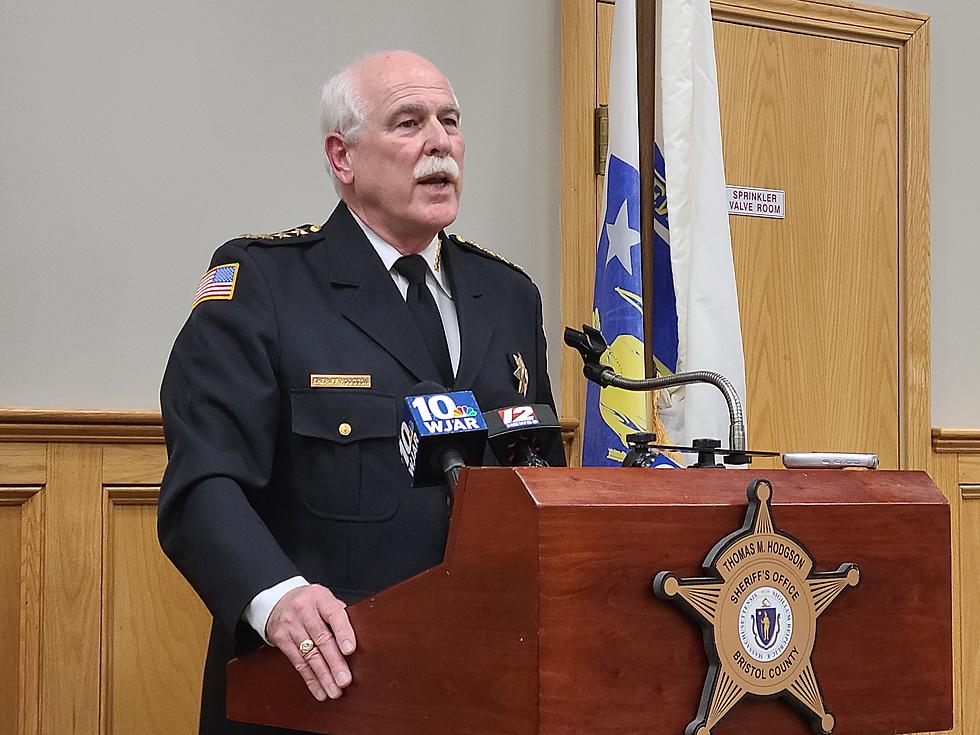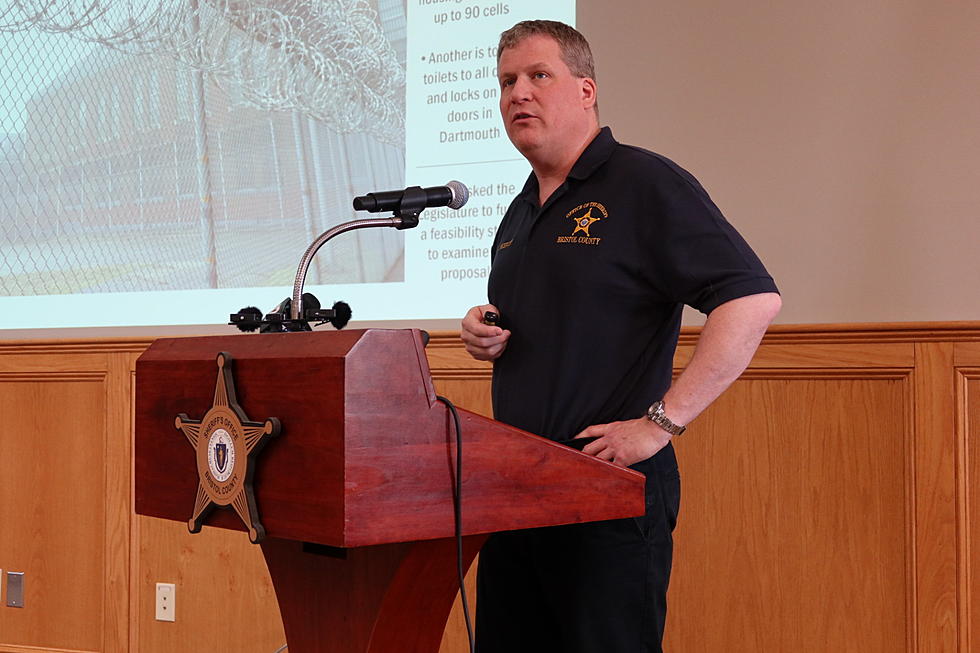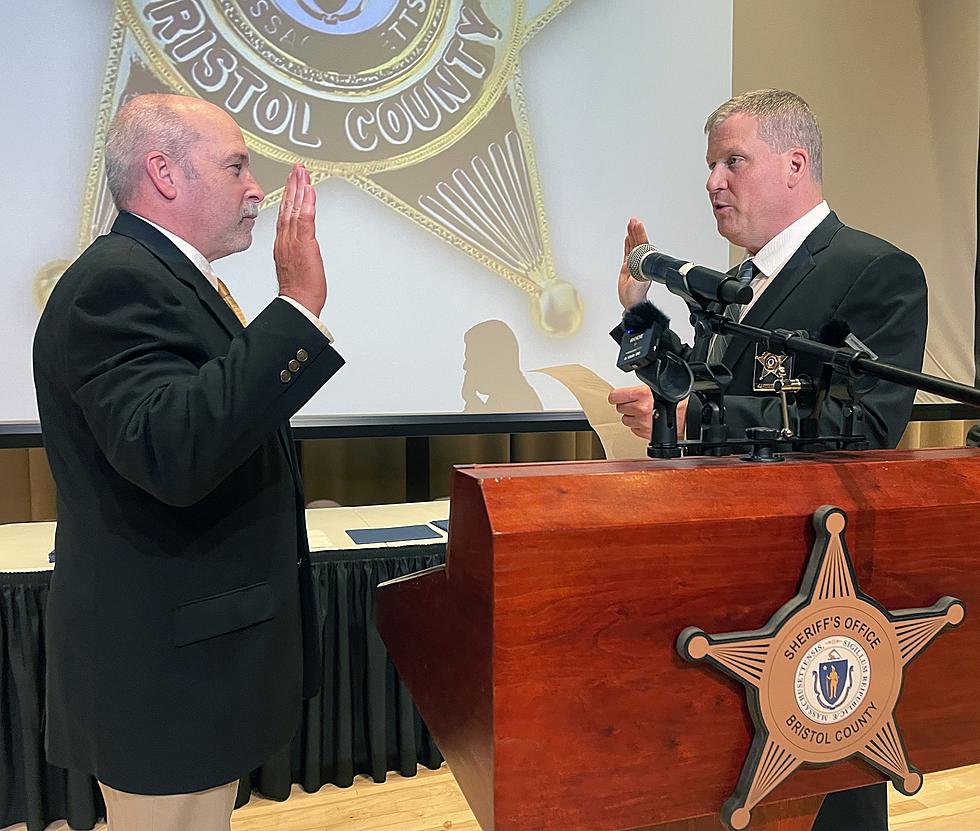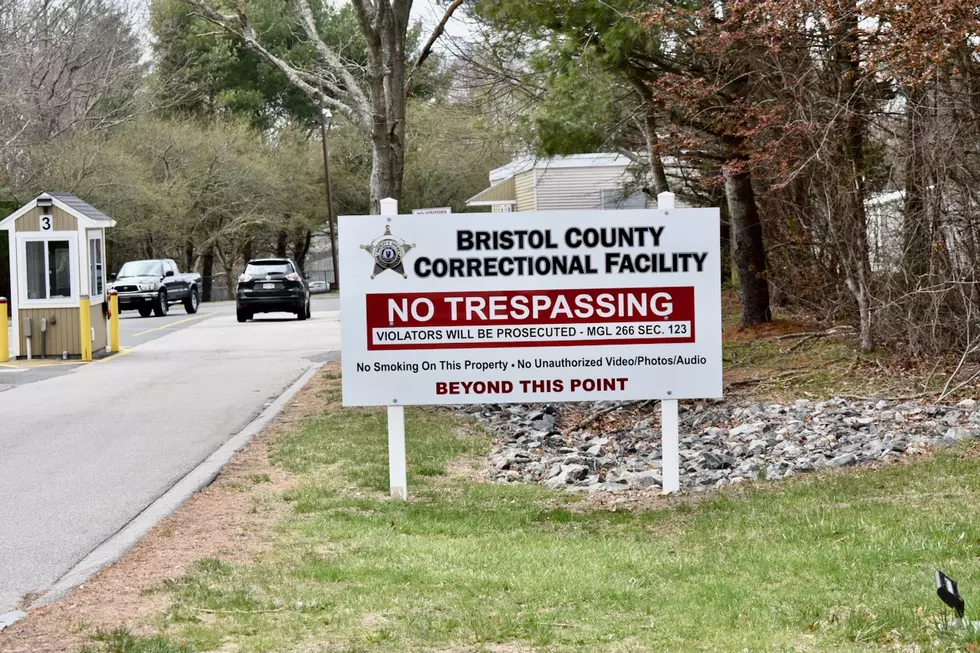
Massachusetts Supreme Court: Sheriff Hodgson Can Collect Prisoners’ Phone Fees
UPDATE: This article has been updated to include comments from Sheriff Thomas Hodgson and a spokesperson for Prisoners' Legal Services.
The state's highest court has affirmed today that Bristol County Sheriff Thomas Hodgson is legally authorized to collect revenues for his office through phone service fees.
A May 2018 lawsuit taken by four people against Hodgson and county telephone contractor Securus Technologies had claimed that payments from the contractor to the sheriff's office constituted "illegal kickbacks."
Since the phone service contract was awarded in 2011, the plaintiffs alleged, phone fees at county facilities have doubled.
But in a decision from the Massachusetts Supreme Judicial Court published Tuesday, the court stated that a state law from 2009 does in fact allow sheriffs to raise office revenues through inmate calling service contracts.
Hodgson in a statement called the decision a “win for taxpayers,” while an advocacy group that helped advise the plaintiffs called the practice "legalized bribery."

Prisoners' Legal Services, a Boston-based advocacy group, helped file the lawsuit for Kellie Pearson — the first named plaintiff in the case — and others in 2018.
Pearson's phone calls to her incarcerated fiancé had placed a "significant strain" on the family's finances prior to his suicide, according to a release from the organization at the start of the case.
Litigation Director for Prisoners' Legal Services James Pingeon stated that the court decision "makes it clear that the legislature needs to pass the current No Cost Call bill in order to prevent the sheriff from continuing to charge families exorbitant telephone commissions to fund the costs of running the jail."
"Site commissions are essentially legalized bribery that for too long has facilitated the enrichment of major telecom corporations over the wellbeing of Massachusetts taxpayers," he noted.
“This is absolutely a win for taxpayers,” Sheriff Hodgson said. “It has always been my belief as the Sheriff of Bristol County that one of my most fundamental responsibilities it to minimize the burden on taxpayers for the rising costs of prison operations."
“This decision is not only a victory for the taxpayers and citizens of Massachusetts, but also for sheriffs who continue to manage our corrections operations in a fiscally responsible manner,” he added.
After it was filed four years ago, the lawsuit moved from Bristol Superior Court to the U.S. District Court in Massachusetts, which in 2020 found in favor of Hodgson — a decision the plaintiffs appealed to the state supreme court.
According to the court's opinion on Tuesday, Chapter 61, Section 12(a) of the 2009 Act Transferring County Sheriffs to the Commonwealth specifically states that the sheriff's office can keep revenues sourced from "inmate telephone and commissary funds".
The plaintiffs had argued that the law was ambiguous. The Supreme Judicial Court stated simply: "We disagree."
Online Reviews of New Bedford's Ash Street Jail and Dartmouth's Bristol County House of Correction
We All Scream for the 2022 SouthCoast Ice Cream Card
More From WBSM-AM/AM 1420









